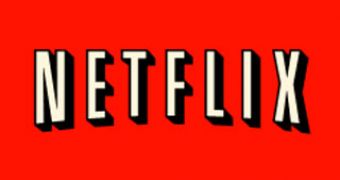It’s not exactly a surprise, but now that Netflix has signed a deal with Comcast, other Internet service providers in the United States are expecting similar deals.
Lowell McAdam, CEO of Verizon Communications, has told CNBC that he expects to reach an agreement with Netflix that will see the streaming company pay for more bandwidth, which would secure a better connection for users.
“I’m not here to pre-announce and I’m not here to change my hand at the negotiation table, but I think there’s a good opportunity here. Both Reed and I have talked about it and we think it’s in both our interests,” McAdam said, referring to Netflix’s CEO, Reed Hastings.
If the Verizon deal goes forth, it’s quite likely that Netflix will also sign a similar deal with AT&T.
It should be noted that Netflix tried to hook its servers to the data centers of Comcast, Time Warner Cable, Verizon, and AT&T, but the deal died soon, since Netflix refused to pay for the service. Time Warner, in particular, rejected Netflix’s proposal.
Now that Comcast has announced its purchase of Time Warner Cable, it’s rather unclear whether the agreement between Netflix and Comcast will expand to the network currently owned by TWC.
Considering the drop in Internet speeds reported by Netflix users on all major broadband providers, it looks like the streaming company’s hand was twisted, as it seeks to provide a better service for its users.
This particular move is connected to a decision taken by a judge a while back, noting that the Federal Communication Commission (FCC) can no longer force ISPs to comply with net neutrality rules after it classified them as “information service providers” several years back.
The decision was a big setback for the fight for net neutrality, especially since service providers are trying to force users that require higher Internet speeds to pay more than those with average needs.
This could change soon, however, as the FCC is still trying to decide on its next step – whether to appeal the case or take the easy way, particularly to change the status of ISPs to “communication carriers,” as it previously was.
While many see the deal between Netflix and ISPs as a threat to net neutrality, McAdam believes that the agreement proves a completely different thing – the fact that a dynamic market can self-regulate. This is something that the FCC hoped for a few years ago, but which it fears is not possible at the moment.

 14 DAY TRIAL //
14 DAY TRIAL //